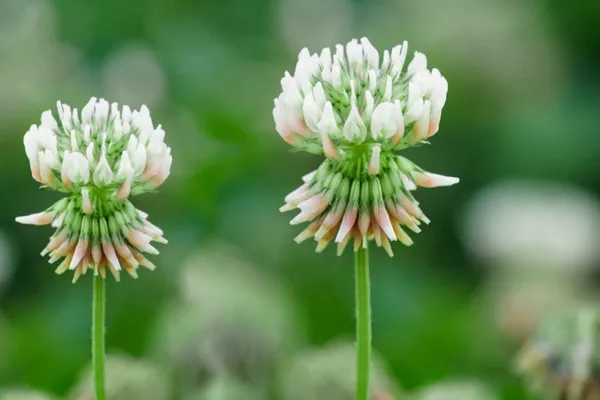The Dendrobium, commonly known as the golden grass orchid, holds cultural significance in the religious ceremonies of Taiwan’s Indigenous Tsou people. Unfortunately, the flower is facing a troubling decline due to the impact of rising global temperatures.
The Dendrobium orchid, thriving in warm temperate climates, necessitates winter temperatures below approximately 53 degrees Fahrenheit for its buds to form. With consistent increases in average temperatures, locating the flower has become increasingly challenging for the Tsou people, compelling them to ascend to higher elevations in search of it.
Referred to as the “God Flower” by the Tsou, this orchid plays a central role in their three-day Mayasvi ceremony. Tradition mandates that the God Flower cannot be artificially cultivated; it must be gathered in the wild on the morning of the ceremony.
Tribal elder Gao Desheng conveyed the significance, stating, “My tribe has to have the God Flower for our ceremonies. Otherwise, God won’t be able to find us,” in an interview with the BBC.
The concerning aspect extends beyond the threat to religious ceremonies; it impacts the livelihoods of the Tsou people. Those engaged in bamboo farming have witnessed crop decimation due to drought. Individuals who transitioned to coffee farming as an alternative now face the repercussions of rising temperatures on their coffee crops and are contemplating yet another switch to a different crop.
Addressing the challenge posed by climate change necessitates global efforts, with governments shifting from environmentally harmful energy sources to cleaner, renewable options such as wind and solar power. On an individual level, contributing to community solar programs and opting for eco-friendly transportation, like e-bikes for short trips, can help mitigate personal contributions to rising temperatures.


